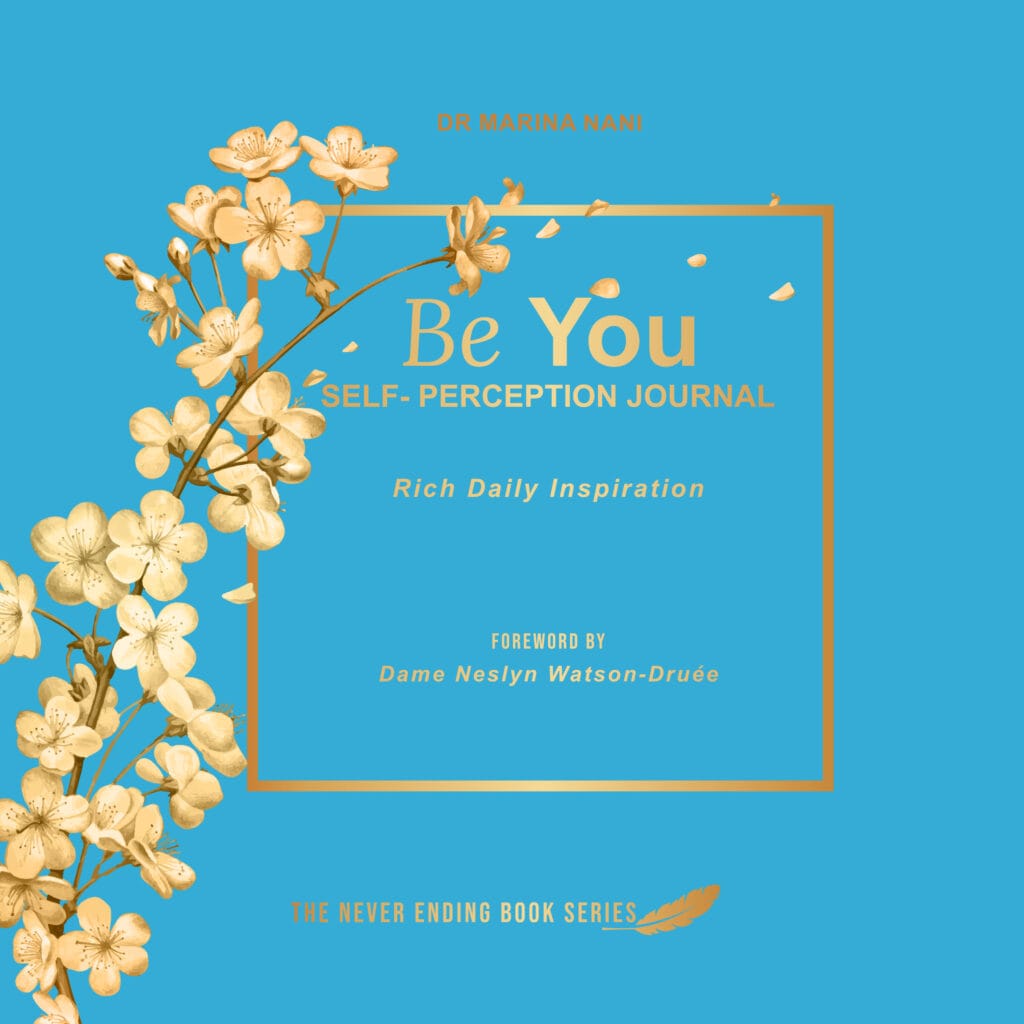Feeling Good and Happy Every Day: The Science of Time Perception
Time feels faster as we age. Dr Marina Nani looks into the science behind time perception and gives us new lens to appreciate the fleeting nature of life.

Time moves differently for young and old. I remember walking with my grandchildren after a day out, listening to them relive every moment—each sandcastle, wave and shell a grand adventure in their telling. While they experienced the day as vast and endless, it felt like it had passed in the blink of an eye, a fleeting moment that I was barely able to grasp before it was gone.
The science behind perception is telling us that the brain processes time based on new experiences and memory formation. Children, encountering constant novelty, perceive time expansively. Adults, settled into familiar patterns, process fewer “frames” of experience, compressing time into shorter spans.
Watching my grandchildren’s joy, I promised myself to see through their eyes—to slow down and let each precious moment stretch just a little longer.
“Where has the time gone?” is a sentiment familiar to most adults. Birthdays seem to arrive quicker, summers flash by and a year feels like a flicker of moments. While this sensation is often dismissed as a quirky consequence of growing older, science provides fascinating insights into why time appears to accelerate with age.
The Science behind Time Perception
One of the key reasons time feels faster as we age lies in how our brains process visual information. According to research by Adrian Bejan, a professor at Duke University, the speed at which we perceive and process the world around us decreases as we age. This change is like going though a flipbook. When you’re young, your brain processes many “frames-per-second,” akin to a flipbook with thousands of detailed images. Each second feels rich and dense with information, making time feel elongated.
As we age, the complexity and size of our neural networks increase. Signals traveling through these complex networks face greater distances and more resistance. Consequently, the rate at which our brains process these visual cues slows down. With fewer “frames” processed per second, our perception of time compresses—much like flipping through a book with fewer pages. The result? Life feels like it’s moving at an ever-increasing pace.
New Experiences Shape Your Sense of Time
Another compelling explanation stems from how your brain handles new experiences. In childhood, every moment is packed with novelty—learning to walk, ride a bike, or even experiencing snow for the first time. These fresh encounters are deeply imprinted in our memory because the brain prioritizes new information, making our early years feel expansive and full.
For adults life becomes a series of routines. The novelty diminishes, and days blend into each other. Without the fresh stimuli of new experiences, fewer unique memories are formed, leading to a perception of time speeding up. In essence, the monotony of adulthood contrasts sharply with the adventurous learning of youth.
A Psychological and Philosophical Shift
This phenomenon isn’t just biological; it’s also psychological. Children live in the present, fully immersed in each experience. Adults, burdened by responsibilities and to-do lists, often operate on autopilot, rushing from one task to another. In this state, time slips through our fingers unnoticed.
Your perception of a year changes with age. For a 10-year-old, one year is 10% of their entire life—a significant chunk. For a 50-year-old, it’s only 2%, making it feel proportionally shorter.
Can You Slow Time Down?
While you can’t reverse the physical changes in your brain, you can actively influence how you perceive time. Embracing new experiences, breaking routines and practicing mindfulness can help. Taking time to notice the world, learn new skills, or explore unfamiliar places can slow the sensation of time racing by.
Ultimately, understanding the science behind time perception gives us a unique lens to appreciate the fleeting nature of life. By savouring each moment and seeking novelty, we can recapture some of the richness and wonder of youth—flipping through life’s pages a little more slowly.
Do you want to share your story and inspire our readers ? Know that YOUR EXPERTISE is paving the way for a fairer, happier society.

The Self-Perception Journal helps you reshape how you view yourself. Based on the most recent scientific research, it combines the best questions you could ask yourself to start challenging limiting beliefs and build genuine inner confidence. A safe space for self-awareness, it’s not just another journal— but the magnifying glass you need to see yourself with kindness and enthusiasm.




